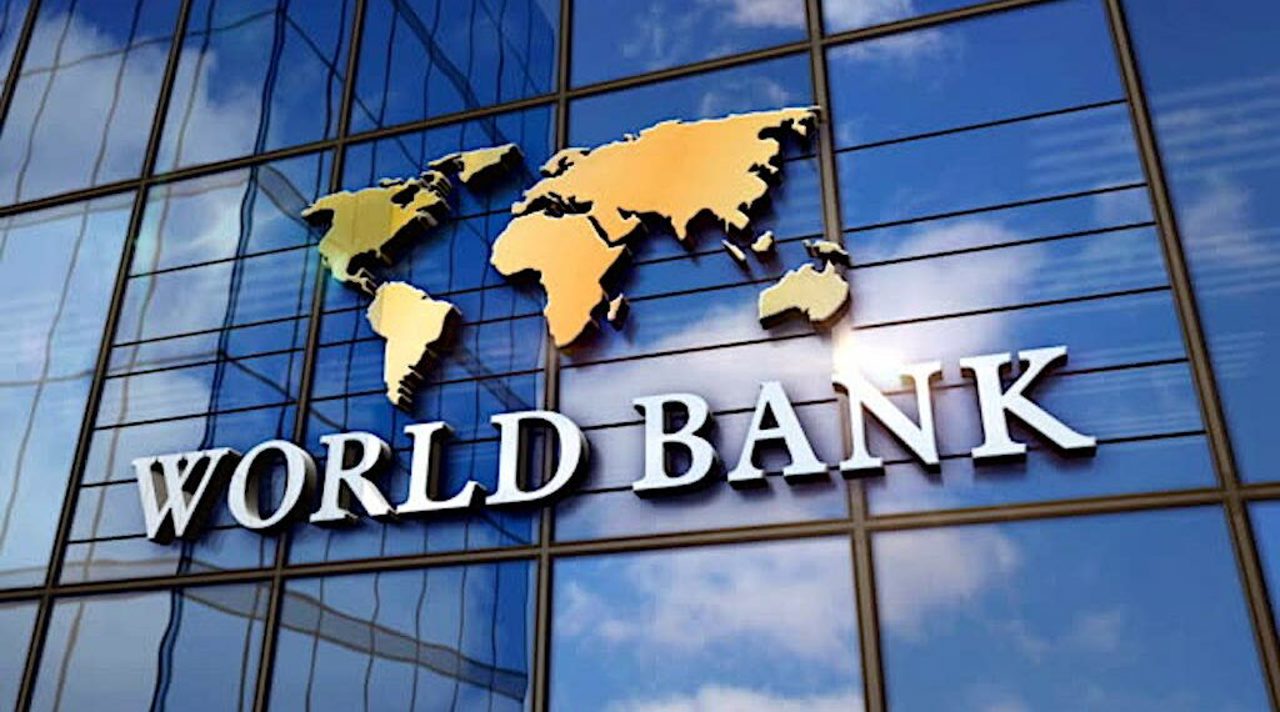How Moldova plans to boost economic growth with bold reforms
Accelerating investments, boosting productivity, reforming public institutions, and creating jobs across diverse sectors are some of the measures the Republic of Moldova must implement to achieve sustainable economic growth and align living standards with European norms.

These recommendations are outlined in the World Bank's new report on Moldova's economy.
Moldova’s economy can progress more rapidly, but to do so, the country must address multiple priorities and focus on human capital development, stated World Bank expert Marcel Chistruga during the presentation of the Country Economic Memorandum.
“The key takeaway is that there is no perfect solution. Incentivizing a single sector will not create sustainable growth drivers; instead, broader systemic reforms are required. Efforts should focus on human capital development, fostering stronger collaboration between private companies and educational institutions, providing incentives to retain professionals, and improving infrastructure. In terms of infrastructure, we can discuss optimizing customs procedures and increasing investment. Special attention should also be given to renewable energy sources. Finally, creating a favorable business environment and promoting investments are crucial.”
Economic development is the top priority for the authorities in Chișinău, and the private sector plays a vital role in this effort. "This is why we have set an ambitious reform agenda to transform the Republic of Moldova into a business-friendly country," said Dumitru Alaiba, Minister of Economic Development and Digitalization.
The World Bank’s Country Economic Memorandum for Moldova provides a framework to help authorities gain deeper insights into current economic challenges, the minister emphasized.
“Regarding specific sectors, the industrial sector has unfortunately been neglected over the past three decades in Moldova, leading to a steady decline year after year. What do we have now? We have a clear vision for reviving the industrial sector, aiming to increase its contribution to GDP from 8% to at least 11% within the next three years. This is just the beginning. To achieve this, we have developed an industrial development program that outlines a clear vision for industrial parks. We have amended legislation, adopted the first state aid scheme, and are currently discussing details with the Ministry of Finance.”
Adrian Lupușor, Executive Director of Expert-Grup, also highlighted key areas that need further attention.
“I believe the government has a significant role to play here by focusing on two key aspects. The first is reforming state enterprises. To this end, the government has introduced a state property policy, which incorporates all the necessary ingredients: enhanced transparency, digitization of processes within state enterprises, limiting political interference, and establishing high-quality public-private partnerships. These elements are already outlined in the policy document. Additionally, we need better cooperation between state institutions that support the private sector and those directly engaged with it.”
Meanwhile, Deputy Governor of the National Bank of Moldova, Petru Rotaru, stressed that the NBM is a key institution in advancing the economic growth plan and operates on several strategic pillars.
“The first pillar focuses on payments. We have launched the MIA instant payment system, which has yielded promising results. Since February, over 300,000 people and 700 businesses have started using MIA. Our next step is to promote this system further and collaborate with banks to expand its user base. Another key objective for the National Bank is Open Banking. The necessary legislation is already in place, and starting February 25, we will begin implementing Open Banking, which provides an excellent solution for businesses to manage payments across different accounts.”
Since 1992, the World Bank has allocated over $2 billion for more than 70 projects in the Republic of Moldova, covering areas such as regulatory reform and business development, modernization of government services, tax administration, and more.
Translation by Iurie Tataru





